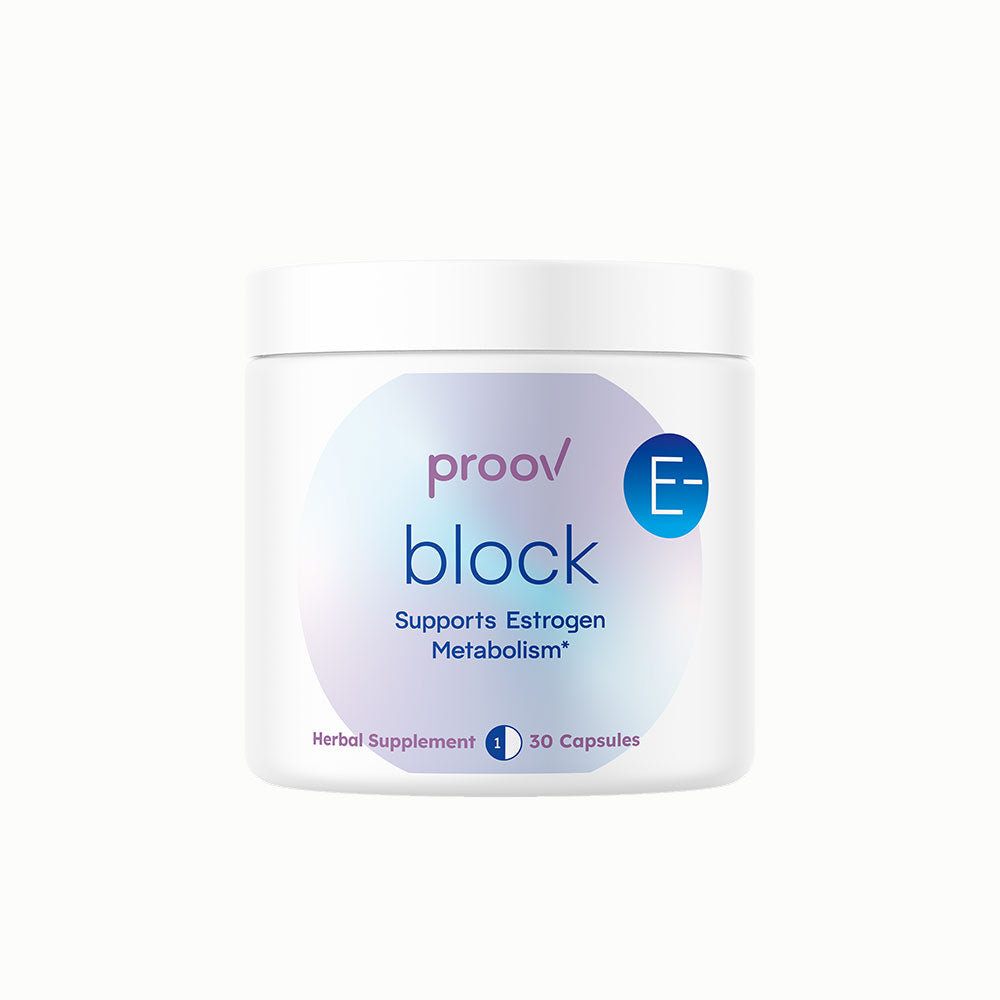Navigating through perimenopause can feel like a journey through uncharted waters, but with the right tools and information, you can manage this transition effectively and with confidence. Here's a deeper look at what perimenopause and menopause entail, how they affect your body, and how hormone testing can play a crucial role in understanding and managing these changes.
What is menopause?
Menopause is a natural biological process that marks the end of a woman's reproductive years. This phase is clinically defined as occurring 12 months after a woman's last menstrual period and can most commonly occur in the late 40s to early 50s. However, the journey to menopause begins much earlier with perimenopause, which can start in the mid-30s or later.
What is perimenopause?

Perimenopause is the transitional period leading up to menopause. During this phase, women experience fluctuations in their hormone levels, particularly estrogen and progesterone. These hormonal changes often manifest in symptoms commonly associated with menopause such as changes in menstrual flow and frequency, weight gain, hot flashes, night sweats, and mood swings. Understanding that many of these "menopausal symptoms" actually begin during perimenopause can help in managing them more effectively.
Exploring the hormone landscape
During perimenopause, the decline in estrogen and progesterone is not steady or predictable. This can lead to symptoms that fluctuate significantly from one month to the next. Estrogen, in particular, can vary dramatically, which explains why some months can feel like a hormonal roller coaster with intense hot flashes or mood swings, and other times may feel more stable.
The role of hormone testing in perimenopause
Testing for menopause and understanding perimenopause is feasible and valuable. Hormone tests, specifically those that measure levels of Follicle-Stimulating Hormone (FSH), are commonly used to determine if a woman is approaching or has entered menopause. Elevated FSH levels are often indicative of menopause because the ovaries are producing less estrogen, prompting the pituitary gland to release more FSH to try to stimulate more estrogen production.
Why consider hormone testing?
While some symptoms might suggest you are entering perimenopause or menopause, symptoms alone are not a definitive indicator. Hormone tests provide a more accurate assessment and are crucial for understanding where you are in the transition. This scientific approach allows for better management of symptoms and overall health during this phase.
What can hormone tests measure?

Hormone tests can measure various levels including:
- FSH: High levels can indicate the onset of menopause.
- Estrogen: Monitoring decreases in estrogen can help confirm the transition into menopause.
- Progesterone: Fluctuations in progesterone are useful indicators of ovulation and perimenopause onset.
How can I access hormone testing?
Doctor’s office: Blood tests at your doctor’s office can provide a detailed look at your hormone levels.
At home: Companies like Proov offer at-home testing kits that allow you to conveniently check hormone levels. These kits are particularly useful for tracking hormonal changes associated with perimenopause.
How Proov Empower can help
Proov Empower is designed to support women by providing a detailed understanding of their hormonal health. It aids in tracking hormone levels and understanding the fluctuations that characterize perimenopause. This information is invaluable for making informed decisions about lifestyle adjustments or seeking further medical advice.
A few final thoughts
Understanding perimenopause and managing its symptoms doesn't have to be an overwhelming process. This blog has explored the crucial aspects of perimenopause, shedding light on the hormonal shifts that define this transitional period. We've discussed how these changes can impact your daily life and underscored the importance of recognizing symptoms early. With tools like Proov Empower, you're not just monitoring symptoms; you're gaining insights that empower you to make informed decisions.
We delved into how hormone testing, especially at home, can demystify perimenopause, offering clarity on what to expect and when to seek further guidance. By understanding the hormonal landscape — from fluctuating levels of FSH, estrogen, and progesterone — you gain a roadmap for navigating this transition with greater ease.
Embracing this phase with the support of Proov Empower means embracing a proactive approach to your health. It's about moving forward with confidence, equipped with knowledge and tools that support your body's natural processes. Perimenopause marks not just an end but a new beginning — a phase filled with potential for maintaining wellness and vitality. Let this be a time of empowerment, where you feel supported and informed every step of the way.












